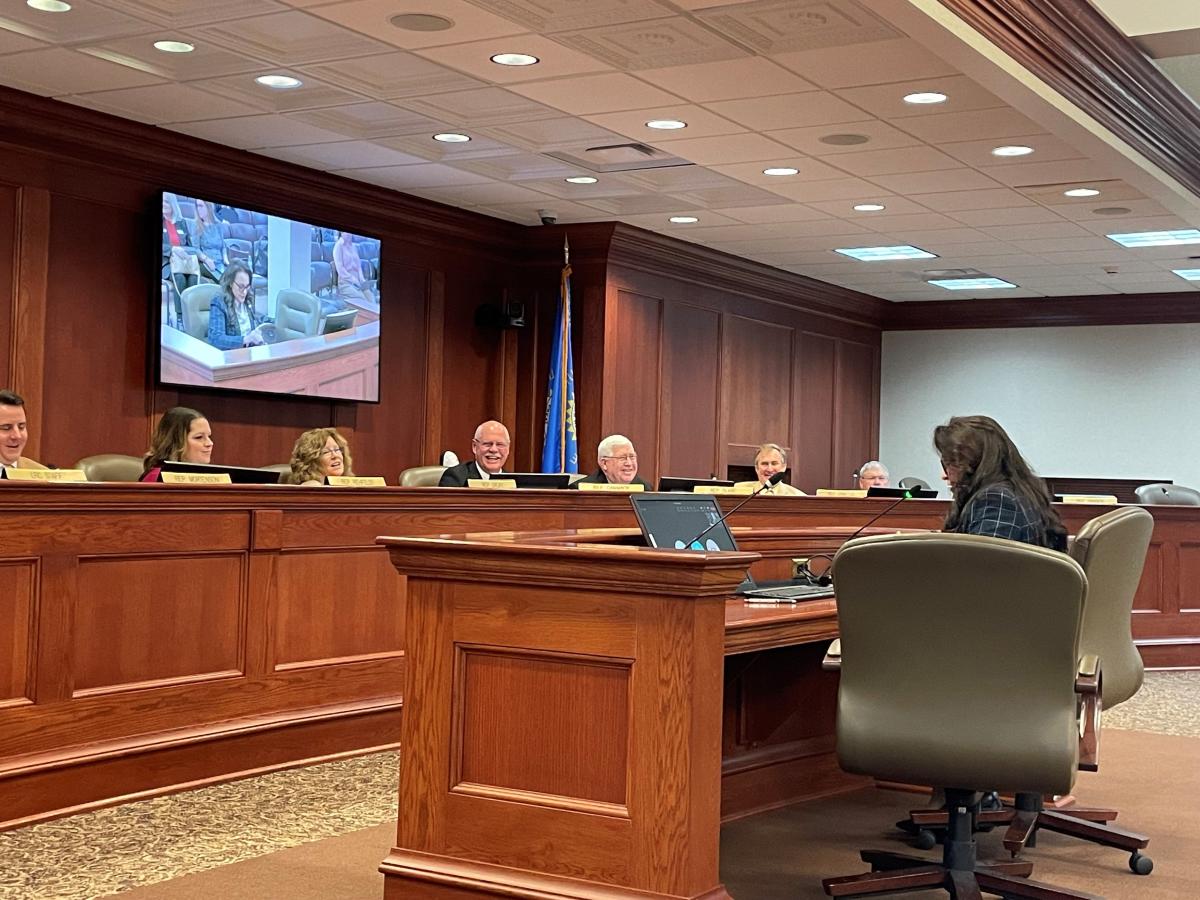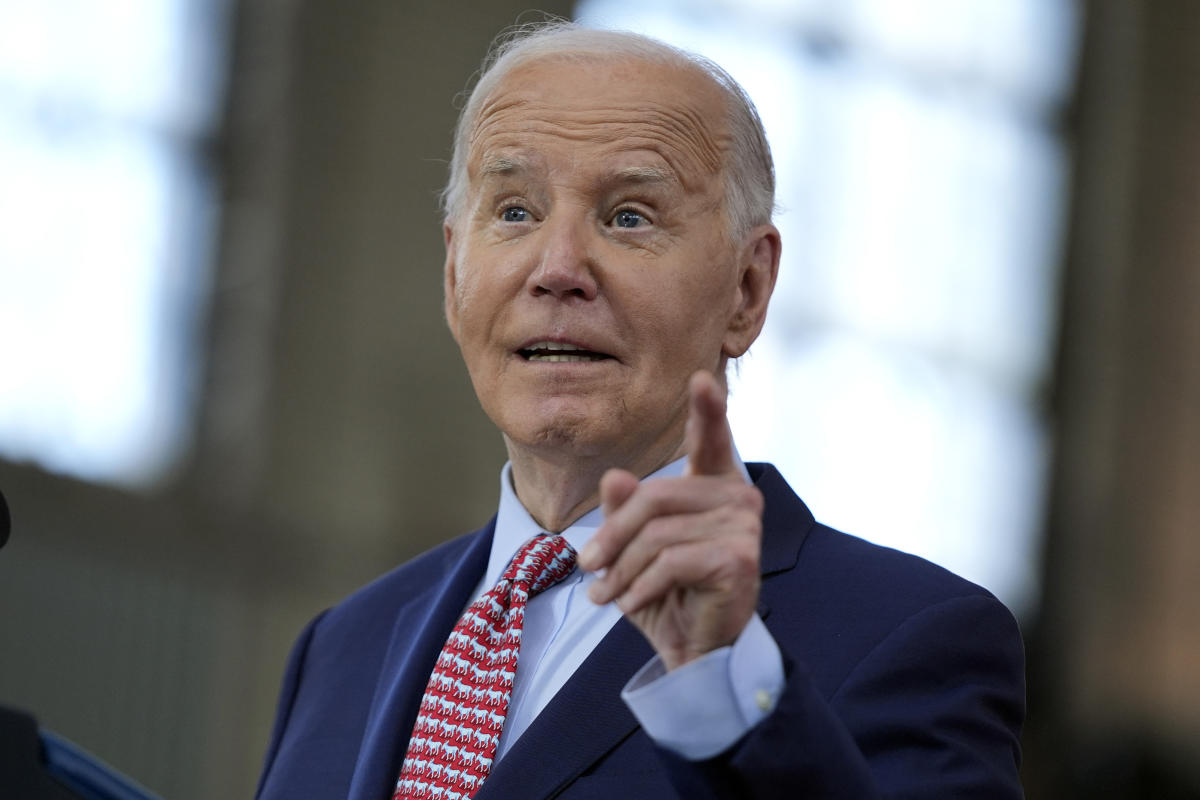Each week, Allison O’Toole’s time is more limited than the last.
As the CEO of Second Harvest Heartland – a massive hunger-relief organization in Minnesota – she is battling a challenge that has only intensified since the pandemic.
“We ended last year with 7.5 million food shelf visits and that was 2 million more than the year before,” she said. “Everyone thinks the pandemic was the worst time and actually, that was the time when everyone came to the table, including the state and federal government, to solve this. Food shelf visits are skyrocketing again.”
Over the last six months, most of the headlines about hunger in Minnesota have focused on the scandal at Feeding Our Future, the St. Anthony nonprofit in the middle of multiple federal trials after more than 70 people were charged in a “multi-million-dollar scheme to defraud the Federal Child Nutrition Program by obtaining, misappropriating, and laundering millions of dollars in program funds that were intended as reimbursements for the cost of serving meals to children” during the pandemic, according to prosecutors.
Those involved have been accused of failing to provide those meals to children, while falsifying invoices and using kickbacks to take trips and make exotic purchases with those fraudulent funds.
If proven true, it’s infuriating.
A white woman, Aimee Bock, is the CEO at Feeding Our Future and the alleged mastermind of the scheme. But many of the other folks charged are Black, Indigenous and People of Color who were tasked with ensuring children in their communities – some of the most vulnerable children in this state – were fed during an especially difficult chapter for those who had already faced food insecurity.
Plus, the trial has unfolded just as school is set to end and many children will lose the stability of having multiple meals provided each weekday.
“In mere weeks, they’re going to go from having breakfast and lunch and probably a snack at school from not having that,” O’Toole said.
Per Feeding America, one in five children do not know when they will eat again, and Black and Latino children and families are disproportionately impacted. The high-profile trials of those accused in the Feeding Our Future case could also create skepticism among potential donors about the intentions of other hunger-relief organizations at a time of acute need.
“I don’t have time to pay attention to these trials,” O’Toole said. “We have to pay attention to that. I think [the trials are] serious. But there are ways to check out where you are giving your money. And we have a crisis on our hands.”
The children and families in those communities – many of them BIPOC – suffered most as greed and selfishness superseded need. As a result, I worry about the impact of these trials on the endeavors of the honest individuals in a community that already battles stereotypes and unfair narratives. There are incredible people who do not deserve additional scrutiny and who have devoted their lives to this cause.
That should be the focus, O’Toole said, not the alleged unscrupulous choices made by individuals in a get-rich-quick scam. She’s focused on seeking policy changes to increase support for hunger initiatives, such as the state’s universal school meals program and the summer SNAP program.
Five years ago, her organization distributed about 250,000 pounds of food per day. Those numbers could reach 600,000 pounds daily this summer, she said.
“We have the capacity and capability to distribute more and infuse the community with the right food, right where it’s needed, and more of it,” O’Toole said. “The community being invested in us, in our work, is so important because we can do that. But we’re also thinking differently about how we do our work. We have to talk about the disparities and who is hungry. Twenty-five percent of Black Minnesotans and about 20% of Latinx Minnesotans are food insecure. That is unconscionable. We have to keep talking about that. That’s not just kids. That’s everyone.”
O’Toole told me her organization will surpass last year’s record of 7.5 million food shelf visits as inflation impacts more families.
That’s why she said there is no time to be distracted by the proceedings in courtrooms against an organization the federal government has accused of operating with bad intentions.
Minnesota is desperate for hunger solutions, so when the trials end, the fight will persist.
“Hungry kids can’t learn,” O’Toole said. “And hungry adults don’t work very well either.”
Signup bonus from



